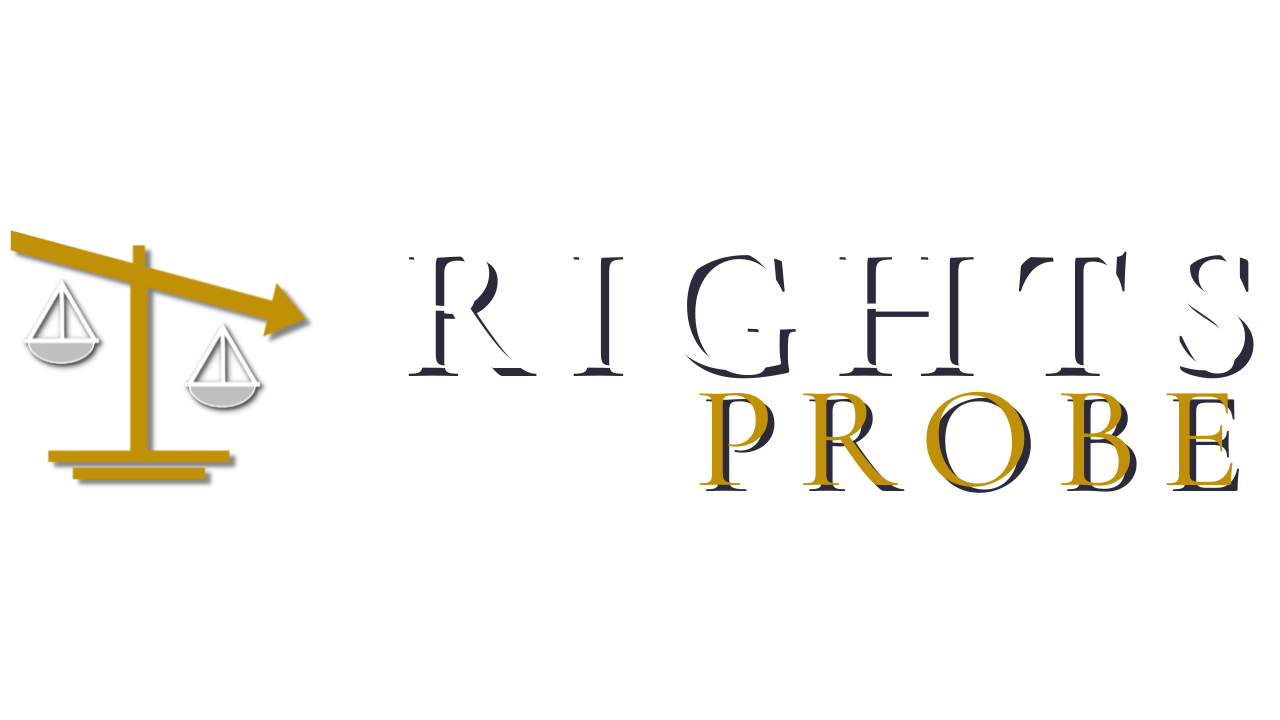Agatha Christie revisions are the writing on the wall
By Bruce Pardy | Special to the National Post
Last week The Telegraph reported that Agatha Christie’s novels are being sanitized for re-release. HarperCollins, their publisher, is removing references to physique, race and ethnicity in new editions of Miss Marple and selected Poirot novels. Christie joins Roald Dahl and Ian Fleming on the list of dead literary icons whose works have met similar fates in recent weeks. Shakespeare, Dr. Seuss and Mark Twain have been curbed in other ways. If it seems like small potatoes, you may be missing the big picture. When publishers defile literature, you know the writing is on the wall.
These rewrites are not censorship, at least not in the legal sense. Governments don’t need to order it. Publishers are choosing to sanitize their literary icons on their own. Anyone who holds copyright can alter a work as they please, especially when dead authors are not around to object. Just as Christie had no obligation to write her books in the first place and no publisher was required to print and sell them, so these publishers today have no legal duty to reprint them in their original form.
Why would they want to change them? After all, Christie is the bestselling novelist of all time. Which is precisely why her books are ideal for such treatment. Literature, along with other popular arts like music and movies, is called “culture” for a reason. It expresses narratives that tell societies who they are. In 2023, we are social justice nihilists, driven by cultural self-hate and morally panicked about any representation of historical prejudice.
I didn’t realize it at the time, but in high school the best thing I did for my education was skip French class to read Ray Bradbury’s Fahrenheit 451. In Bradbury’s dystopia, firemen don’t put out fires, but make them to burn books. “Our civilization is flinging itself to pieces,” Bradbury prophetically wrote. “Stand back from the centrifuge.”
Jane Jacobs was right, too. Jacobs was a polymath thinker and writer known especially for her influence on urban planning. In her final book, Dark Age Ahead, written almost 20 years ago, Jacobs reluctantly concluded that western nations, and North America in particular, were in danger of rushing headlong into a cultural dead end. “People living in vigorous cultures typically treasure those cultures and resist any threat to them,” she wrote. “How and why can a people so totally discard a formerly vital culture that it becomes literally lost?”
Conservatives and capitalists, the few who are remaining, better get used to this word: hegemony. Hegemony is what leftists have long accused conservatives of imposing on their societies. The cultural hegemony of capitalism, argued Italian neo-Marxist Antonio Gramsci, among others, features a ruling class that maintains power through social institutions rather than with overt force. In other words, capitalists don’t need to enforce capitalism when it’s the accepted way of doing things. The strategy to defeat capitalist hegemony, read the revolutionary playbook, was not through direct assault but gradual infiltration of institutions and the ideas upon which they operate.
Over decades that infiltration has successfully taken place, and now the hegemony is on the other foot. Our institutions, public and private, now stand against and subvert the endeavours and values they once existed to pursue. Universities oppose open inquiry and the search for truth, and instead indoctrinate. Large corporations denounce capitalism, and instead embrace the notion that the job of business is to seek social good. Judicial decisions have undermined the principles of equal treatment and the rule of law. Legacy media outlets can no longer be equated to a free press, and some instead propagandize for specific ideological constituencies.
Literary revisionism is no accident
Literary revisionism is no accident. Civilization is not merely drifting away from its moorings, although no doubt that is happening, too. Instead, we are living through a dedicated program. Anti-western sentiment is ascendent. Revolution succeeds once people no longer perceive it is happening. The most powerful ideas are the ones taken for granted by those applying them.
Perhaps every age thinks it is pivotal. The First World War was tagged as the War to End All Wars, and then we had another one. But at least in each of those wars we knew who the enemy was. Now we are infected with a virus from within. When the human body attacks its own cells and tissues, we call it an autoimmune disorder. A society cannot long stand when its people and institutions reject its own history and legitimacy.
If we are willing to acknowledge it, the road we are travelling is no mystery. As Christie’s Hercule Poirot said, “The truth, however ugly in itself, is always curious and beautiful to seekers after it.” But you can’t make people see. “They have to come round in their own time,” Bradbury wrote in Fahrenheit 451, “wondering what happened and why the world blew up around them.”
Just wait until Fahrenheit 451 is sanitized, too. The irony will be no deterrence.
Bruce Pardy is executive director of Rights Probe and professor of law at Queen’s University.
Read the original version of this article at the publisher’s website here
